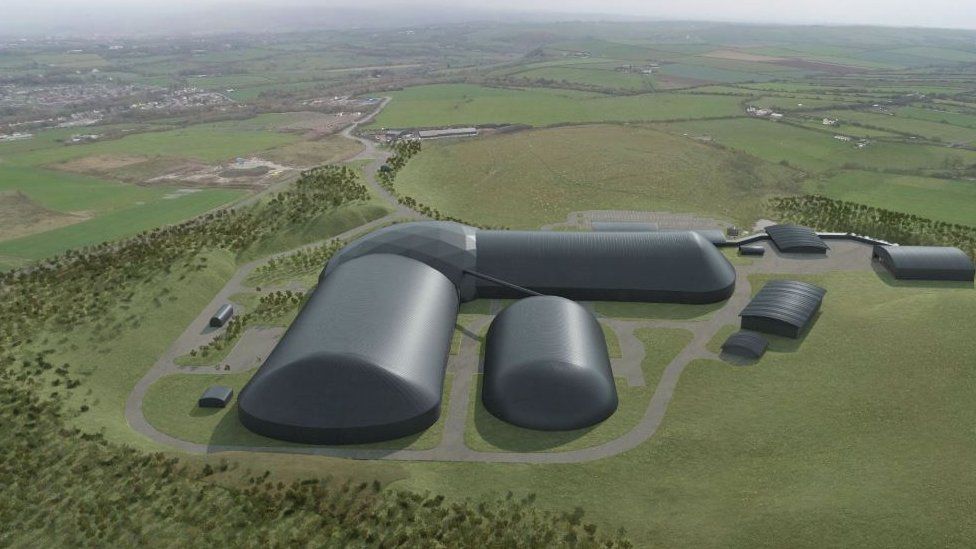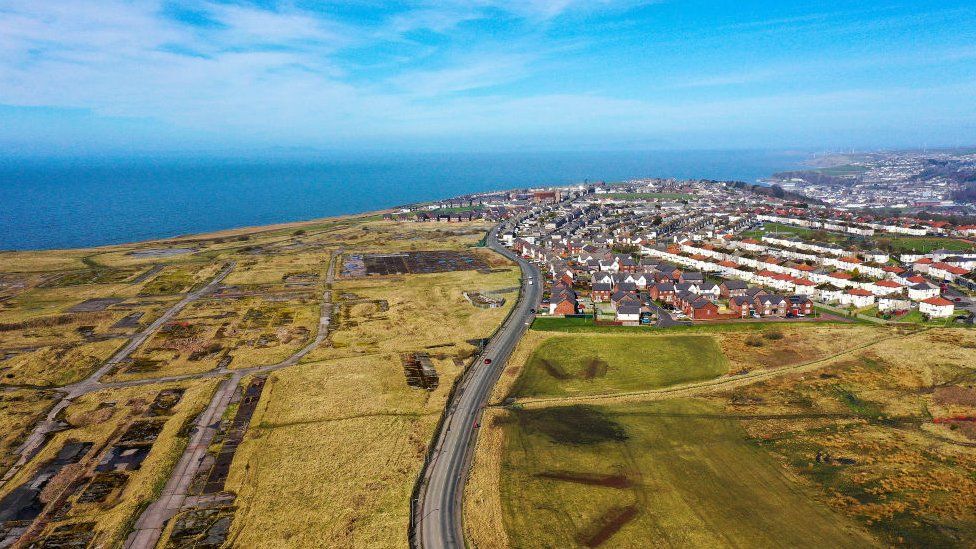Las especies se extinguen y la humanidad colapsa
 Lorena Rivera
Lorena Rivera
La pérdida de biodiversidad en el mundo es un riesgo sistémico como resultado de la desordenada actividad humana a lo largo de las eras, acentuada a partir de la Revolución Industrial, pero, de unas décadas para acá, se ha acelerado de manera alarmante.
El que la vida de múltiples especies vaya muriendo significa un riesgo para las sociedades humanas.
Pero, ¿qué es pérdida de biodiversidad? La literatura especializada la describe como la disminución de la diversidad genética o el colapso de ecosistemas enteros.
Se calcula que un millón, de los ocho millones de especies animales, fúngicas y vegetales que existen en el planeta está en peligro de extinción; además, tres cuartas partes de la superficie terrestre y 66% de los océanos se han alterado significativamente, de acuerdo con el informe sobre el estado de la biodiversidad publicado en 2019 por la Plataforma Intergubernamental Científico-Normativa sobre Diversidad Biológica y Servicios de los Ecosistemas (IBPES, por sus siglas en inglés). Eso no es todo, cada diez minutos desaparece una especie.
Otro estudio que da cuenta del acelerado declive de las especies silvestres es el Informe Planeta Vivo 2022 del Fondo del Fondo Mundial para la Naturaleza (WWF, por sus siglas en inglés), presentado en octubre pasado, el cual alertó que las poblaciones estudiadas de mamíferos, aves, anfibios, reptiles y peces han disminuido, en promedio, 69% desde 1970.
Por desgracia, América Latina es la región del mundo que ha experimentado la mayor disminución regional en la abundancia promedio de la población de vida silvestre con 94%, mientras que las poblaciones de especies de agua dulce han sufrido la mayor disminución global, ésta de 83 por ciento.
Las cifras son frías e incontrovertibles.
Un dato que no debe minimizarse es que los polinizadores, como insectos, llámense abejas, mariposas, escarabajos, avispas y hormigas, entre otros, son responsables de más de dos tercios de todos los cultivos del mundo. Es decir, el suministro de alimentos depende de ellos, pero las poblaciones de estos polinizadores están cayendo y algunas especies están en peligro de extinción, por lo tanto, la seguridad alimentaria está en la cuerda floja.
Los científicos alertan que la pérdida de especies de todos los reinos y ecosistemas completos es potenciadora de problemas complejos, como migraciones, hambrunas, aumento de la injusticia social, enfermedades zoonóticas y pandemias, violación de los derechos humanos, condiciones de trabajo precarias, consumo irresponsable y escasez de medicamentos, entre otros.
Otro dato: el Foro Económico Mundial indica que más de la mitad del PIB global está en riesgo por la pérdida de la naturaleza y una mayor devastación de los ecosistemas aumenta el peligro de futuras crisis socioeconómicas, como pandemias. Además, 25% de los medicamentos utilizados en la medicina proceden de las plantas de la selva tropical.
La crisis profunda de pérdida de biodiversidad galopa de la mano de la crisis climática, también ocasionada por las actividades humanas y la quema de combustibles fósiles.
¿Por qué? Porque el cambio climático está colapsando ecosistemas como el Ártico, donde el deshielo ha puesto al oso polar en peligro de extinción o la muerte de arrecifes de coral por el calentamiento de los océanos, que son ecosistemas importantísimos para la vida marina, pues ahí viven e interactúan diversas especies de peces, caracoles, erizos, estrellas de mar, langostas, algas y pastos marinos.
Recordemos que los océanos son, en sí mismos, enormes ecosistemas y de ellos depende la subsistencia de millones de personas, pero el cambio climático, la pesca ilegal, la sobrepesca y la basura plástica son sus principales enemigos.
Naciones Unidas y organizaciones enfocadas en el cuidado del ambiente han advertido sobre la importancia de conservar la biodiversidad, porque es fundamental para la humanidad por su estrecho vínculo con el desarrollo social y económico, la salud y el bienestar, además de ser un “componente clave” para lograr los 17 Objetivos de Desarrollo Sostenible.
Mañana inicia en Montreal, Canadá, la Conferencia sobre Diversidad Biológica de la ONU conocida como la COP15, cuya meta es detener y revertir la pérdida de biodiversidad hacia 2030; para lograrlo se reunirán los representantes de los gobiernos de los países para acordar un nuevo conjunto de objetivos durante la próxima década a través del proceso marco posterior a 2020 del Convenio sobre la Diversidad Biológica.
Asimismo, la expectativa es restaurar bosques y manglares, entre otros ecosistemas, pues almacenan enormes cantidades de carbono y son fundamentales para equilibrar el clima global.
De esta COP15 deben surgir soluciones realistas que involucren a todos para proteger mejor la naturaleza, porque aún no se ha logrado cumplir las metas establecidas en reuniones anteriores.
Al momento de escribir este artículo, la población global era de ocho mil tres millones 800 mil 909 personas (y contando), así que lo que hagan o dejen de hacer los gobiernos definirá el destino de la diversidad de vida de la Tierra, y el de la humanidad también.
Estamos gritando al resto del mundo, HACER ALGO POR FAVOR, pero nada.
Que lastima para nosotros y nuestra nietos.
El canción del blog esta: "My way" de los Sex Pistols
TTFN






